Poetry has long been a passion for Larry, who says: “Poetry enables me to open myself to my deeper thoughts, to use language in unexpected ways, and to communicate with other people at a different level of meaning. Also, it is a lot of fun.”
At NAC, we focus on advocating at the national level for an end to systemic injustices. But the heart of our work, and of any work towards social justice, is also personal.
Poetry and other forms of artistic expression have a critical role in advancing social justice, which is the concept that each person should be respected and have equal rights and opportunities.
Art helps us process our experiences and emotions, including our struggles. Creative self expression can help us find renewal and hope after suffering from injustice. The process of creating art helps us become more present to our own selves, experiences, and emotions. By growing in awareness of ourselves, we also start to understand our shared humanity and connection to others as core parts of who we are.
I see these dynamics at play in Larry’s poem “Eternal,” which expresses our ongoing condition of suffering and the need for redemption as a universal human experience: “humanity still suffers the insult of whips / chains, each bears a crown of thorns.”
Likewise, engaging with art created by others helps us understand them on a deeper level. There's an element of vulnerability in self expression, and when we take the time to appreciate a work of art, we grow in empathy and understanding of the artist and their experiences. Art helps break down the barriers between us.
The sense of connection fostered by art is powerful and can traverse space and time. This idea is beautifully illustrated in Larry’s poem, “Sparrows”: “I write my words on paper / sail them to the future / grandchildren catch them / in the air.”
At our core, we know that each human being has worth and that each life is precious. But distractions, our own needs and interests, and the violence built into our culture and systems can sometimes lead us to ignore the humanity of others and become desensitized to injustice and suffering.
Art helps us root out this indifference and plants seeds of empathy and compassion in its place. It helps us carve out a little more space in our hearts and minds to hold the experiences and suffering of others. Once we come face to face with our shared humanity, it can no longer be ignored. The natural response to the sense of empathy and connectedness that we find through art is to act for social justice in some way.
We hope that you will enjoy NAC’s poetry series and that it will be a source of inspiration, connection, and clarity. Please comment and share. Our hashtags for the series are: #WednesdayWords and #NACpoetry. We look forward to growing as a community through art and acting together for justice!

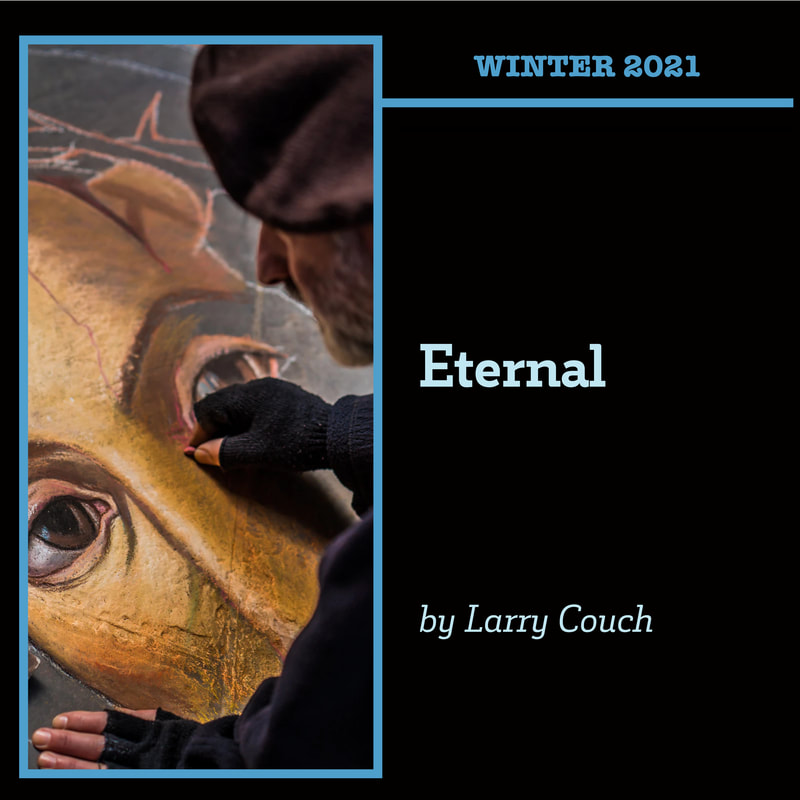
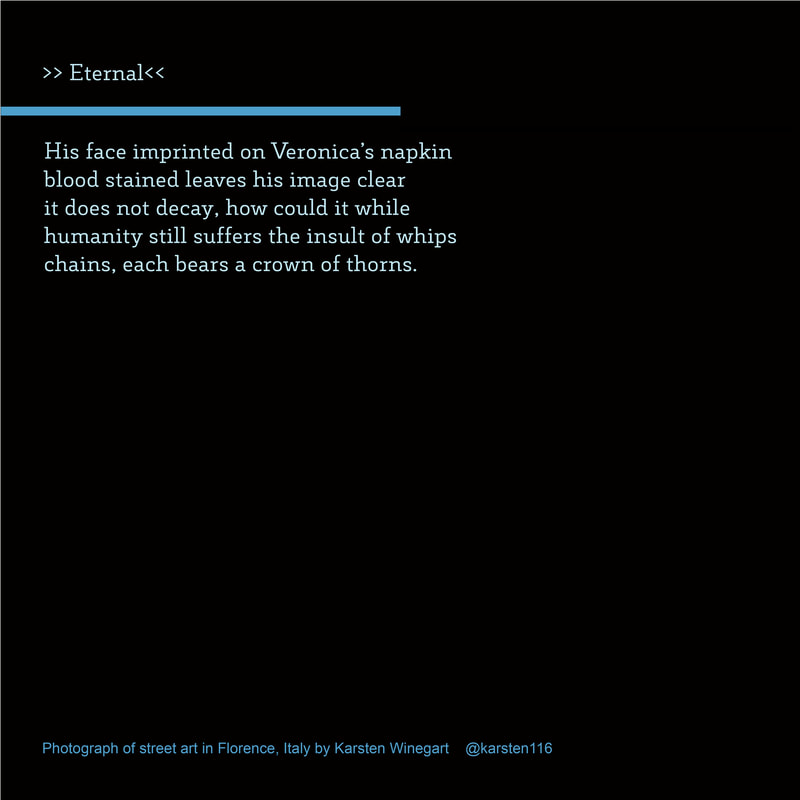

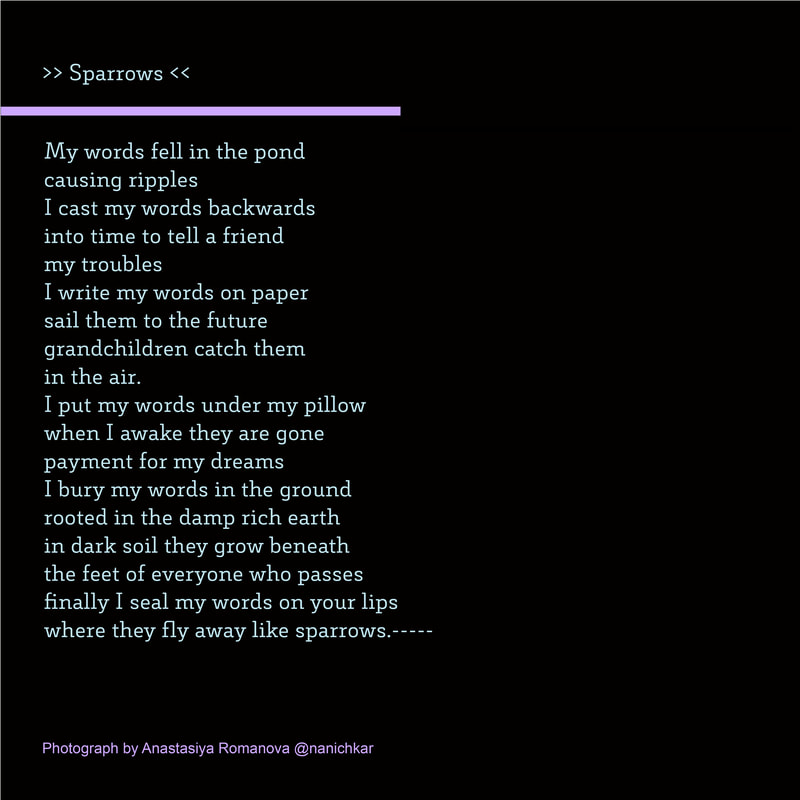
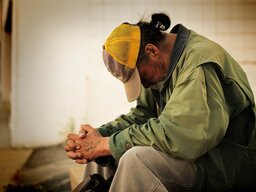
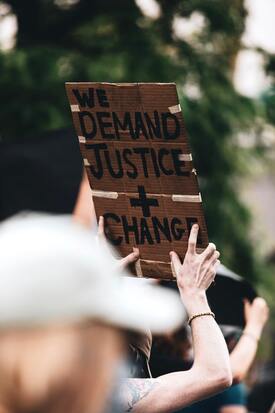
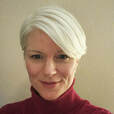
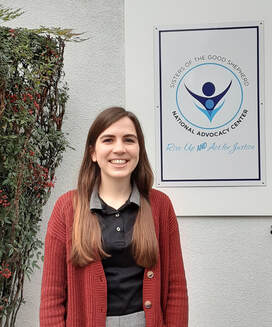
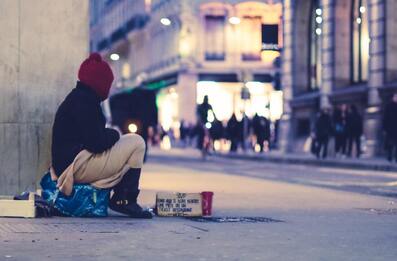


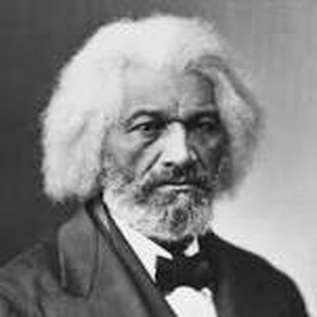
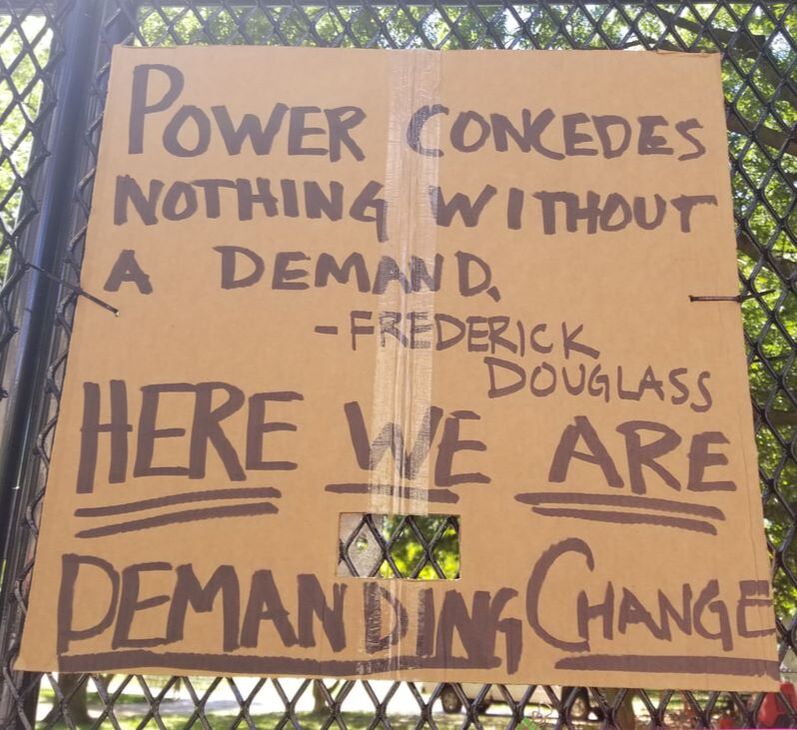
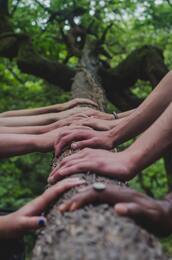
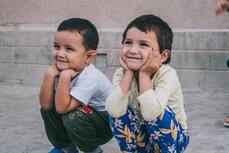
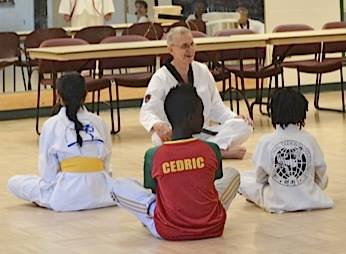
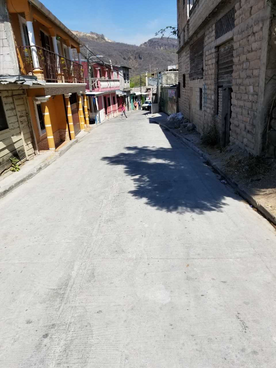
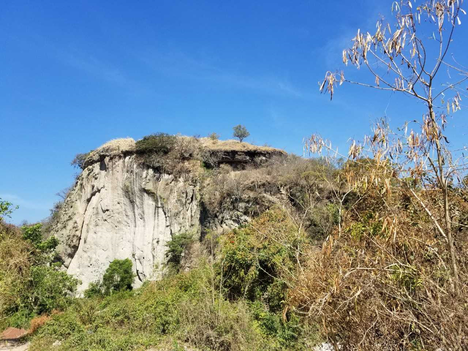
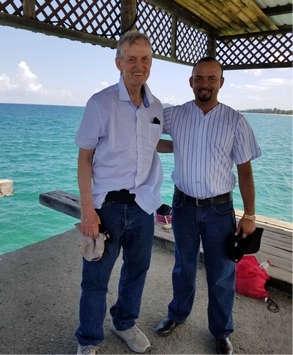
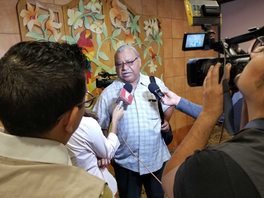
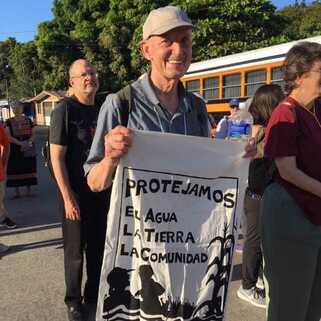
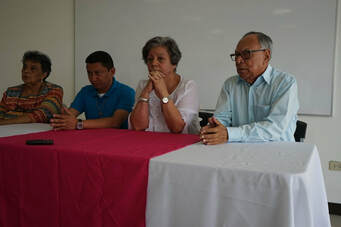
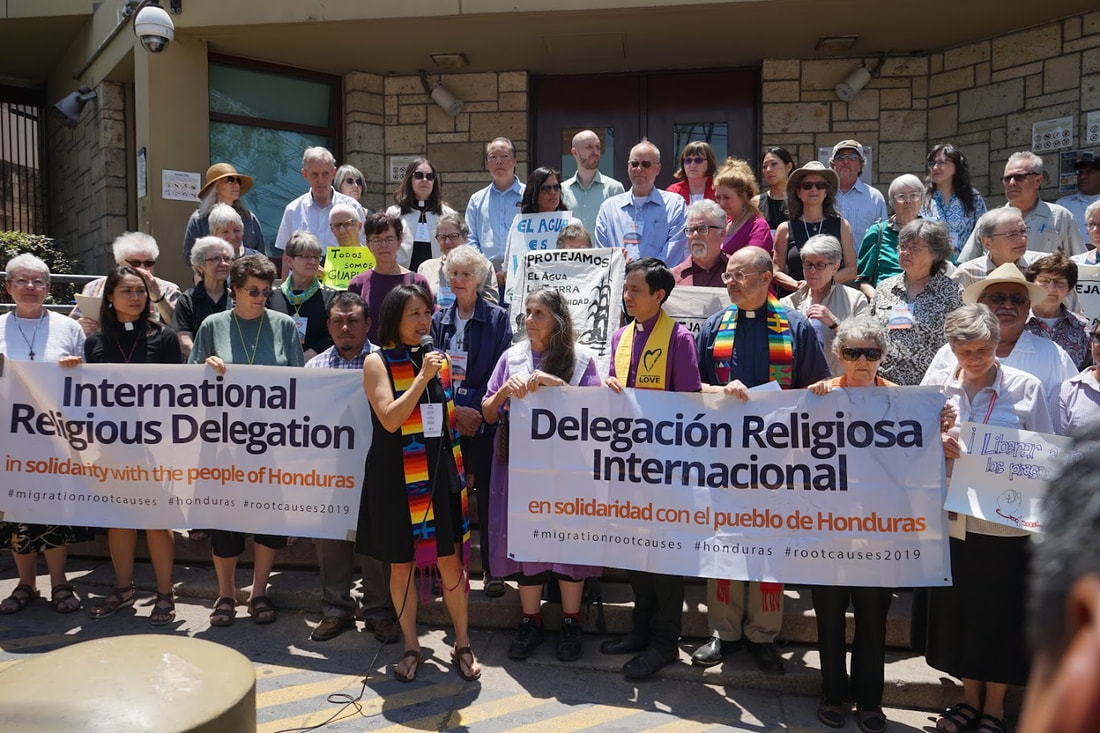
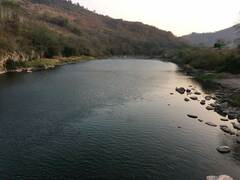
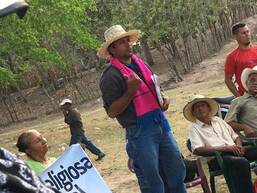
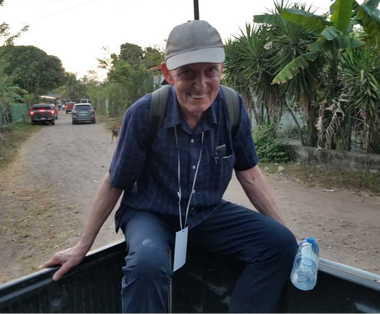
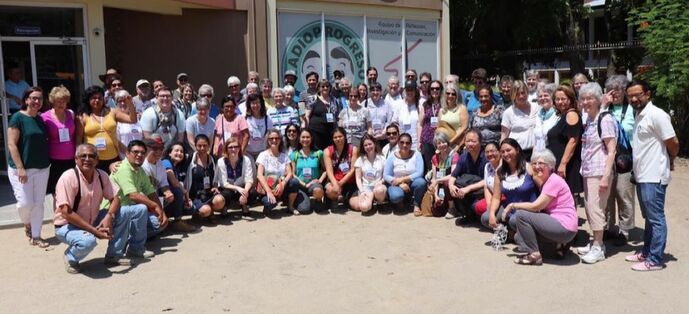
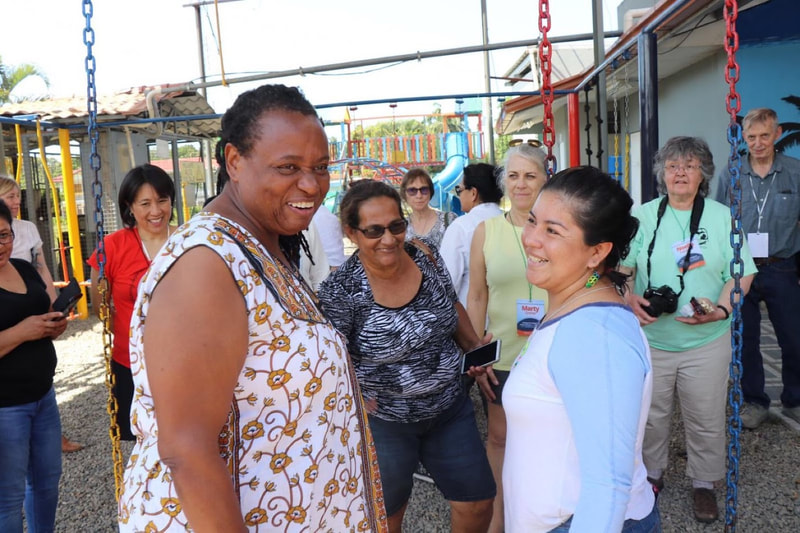
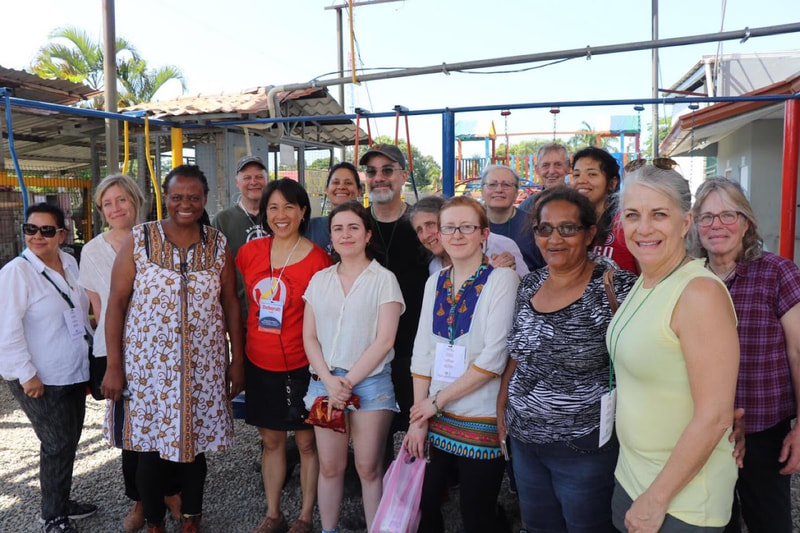
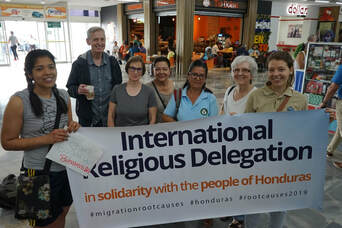
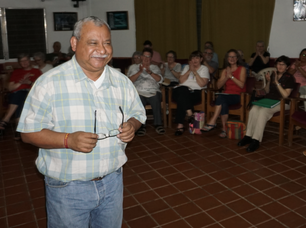
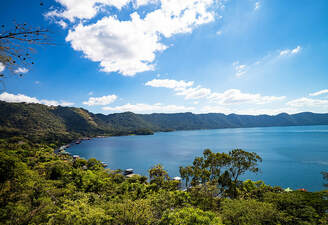
 RSS Feed
RSS Feed